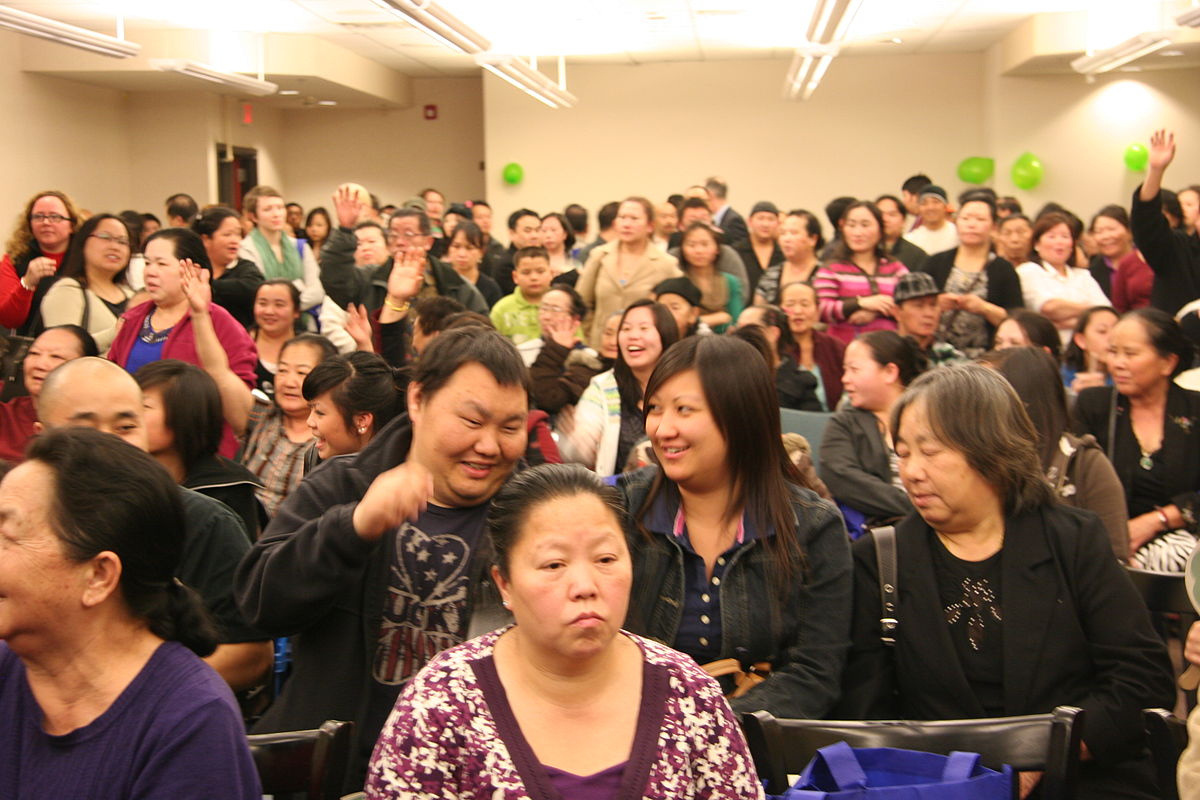There are two very well-known facts about highly-selective admissions among Asian American applicants:
1. Asian American applicants and admittances, on average, score higher on the SAT than students from any other race.
2. While the percentage of students belonging to most other racial minorities in highly selective colleges have gone up over the years, the percentage of Asian-American students has not.
Taken together, these facts have spurred worry among many potential Asian American applicants and their families that selective college admission is biased against students of Asian descent—that an already very competitive pool is made even more competitive because of their race alone. This fear has been fueled by findings from the Department of Education’s investigation into allegations that Harvard and Princeton discriminated against Asian American applicants in 2012, as well as the recent national debate over affirmative action.
However, according to Jason Lewis, an admissions expert working for InGenius Prep with several years of admissions experience at Columbia and Washington University, all applications in his experience are reviewed on an individual basis.
“There is no difference in the way applications are reviewed with respect to Asian Americans or any other race. “ Lewis said. “Although we’re aware of a student’s race when they choose to disclose it, there’s no difference in the review process.”
Jean Webb, former Director of Admissions at Yale Law School, agreed that each application is individually reviewed.
“Admissions officers would understand what the general scope of statistics are for all the different groups, but they would not look at an applicant in comparison with only other students within that group,” Webb said.
When asked whether they believed admissions at elite colleges were biased against Asian Americans, Harvard student Theresa C. Rizk ’17 said that she believes Asian-American applicants likely have lower chances because of both the higher quantity and quality of applicants within the racial group. She added, however, that this may not stem from a desire to discriminate, but rather, out of the need for diversity.
Webb said that diversity is important for any university.
“One of the things studies have shown is that diversity is good. That it benefits all institutions and it benefits the learning environment,” she said.
Webb added that the meaning of “diversity” differs from college to college, giving an example of a school in California and a school in the Midwest facing different applicant pools and having different needs with regards to “diversity.”
For Ash Asencios ’17, on the other hand, the issue was the assumption that Asian Americans are currently well-represented at elite universities. Ascencios said that identities like South Asian or Southeast Asian identities might be further deterred from elite admissions because they’re grouped into a “greater Asian identity.”
Ultimately, Lewis advised anxious students—both Asian Americans and not—to continue to be authentic.
According to Lewis, because of the competitive nature of admission to elite colleges like the Ivy League, the reality is that students may be doing all they can but still have a very slim chance of acceptance. This often leaves students, regardless of their race, demoralized.
“The best advice any admission officer can give you is do what you love. Follow your passions,” Lewis said. “As early as a student can identify what it is that makes them happy…the better they are going to be positioned to get into a top college.”
